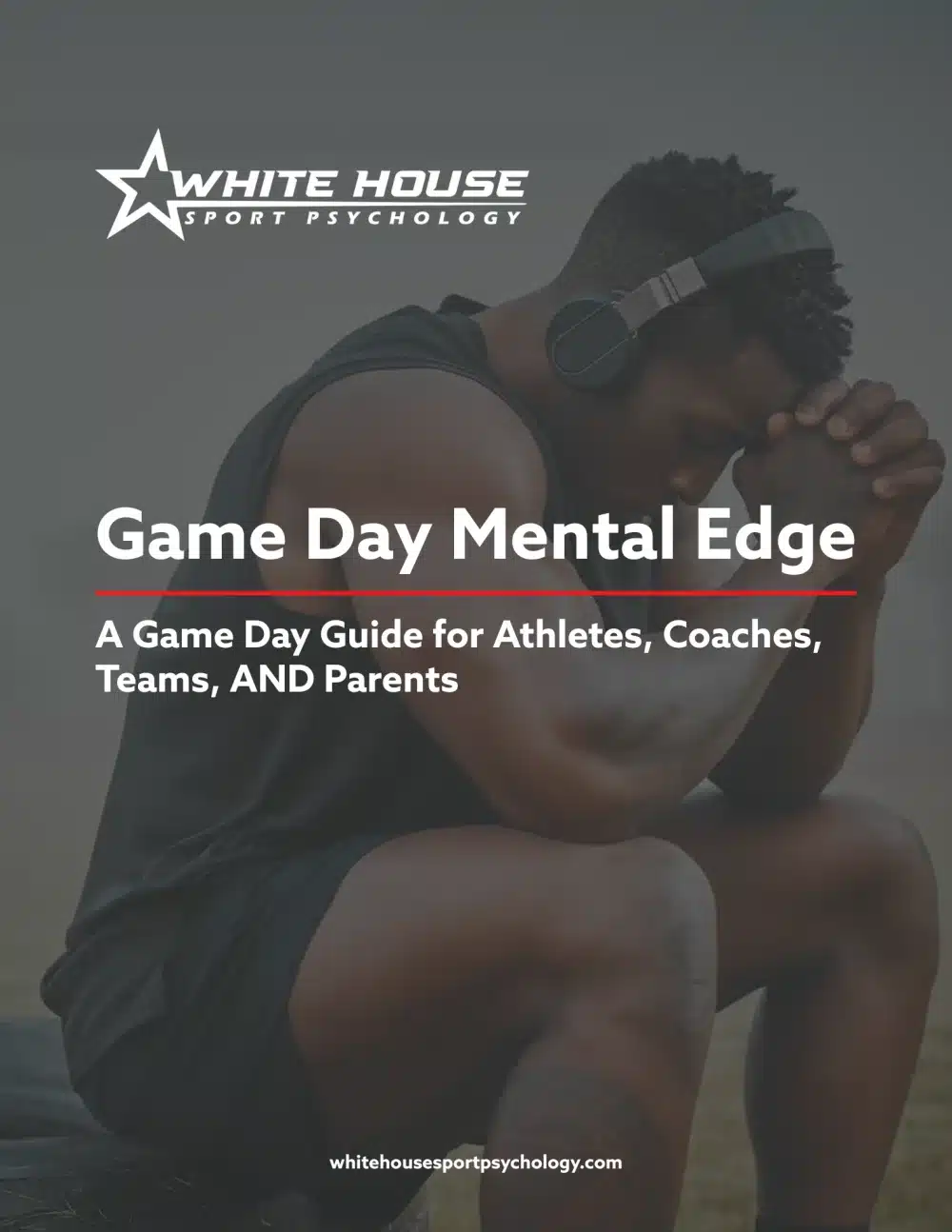The Connection Between Mental Health and Athletic Performance
Your mental well-being and physical performance are more connected than you might think. When you are mentally well, it shows in your game. Athletes who effectively manage stress, engage in regular self-care routines, and practice psychological recovery techniques are great examples of how mental health plays a huge role in how you perform. Think about it—if you’re struggling with symptoms of anxiety or depression, it’s harder to concentrate, your body moves less efficiently, and your endurance takes a hit. But when you’re mentally healthy and balanced, everything from your reaction time to your decision-making improves. Along with a healthy mind, elite athletes know that a strong mental game is essential in sports—and that the two often work together. Being able to handle stress, stay calm under pressure, and maintain your concentration—even when things aren’t going your way—gives you the edge. Athletes who focus on developing mental skills like grit and resilience tend to perform better, especially in high-pressure situations. The mental side of sports isn’t just about staying tough or being mentally strong; it’s also about mental flexibility, adaptability, and stamina—all of which help you stay focused, motivated, and in control. If you need proof, just look at some of the world’s top athletes. Olympic champions Michael Phelps, Simone Biles, and Noah Lyles have been open about how therapy and mental health support helped them all perform at their best. Tennis stars Serena Williams and Naomi Osaka have both been open about the steps they took to prioritize their mental well-being, which supports their performance on the court and their lives off it. These athletes and many more prove that putting mental health first doesn’t just improve well-being but also boosts performance.Enhancing Focus and Resilience
For athletes, the mind is key to staying focused and building resilience. Tools like mindfulness and stress management help you stay present and calm, improving your concentration and decision-making during high-pressure moments. By addressing mental health challenges, athletes also become more resilient—better able to respond to setbacks and handle tough situations.
Techniques like visualization, meditation, and strategic breathing exercises can also make a big impact. Visualization lets you mentally rehearse success, while meditation and specific forms of breathing keep stress in check, helping you preserve critical resources like mental energy. Adding these simple practices to your routine can strengthen your focus and resilience.

